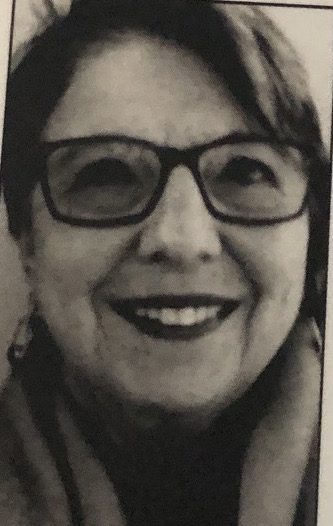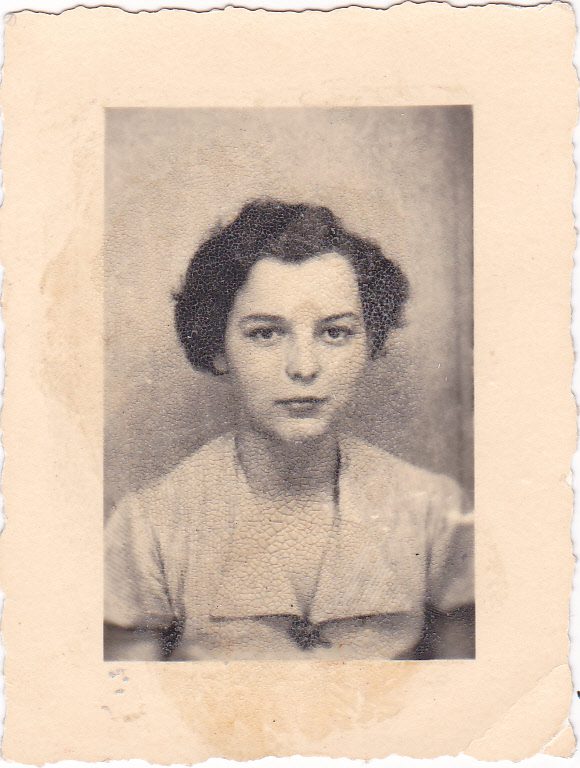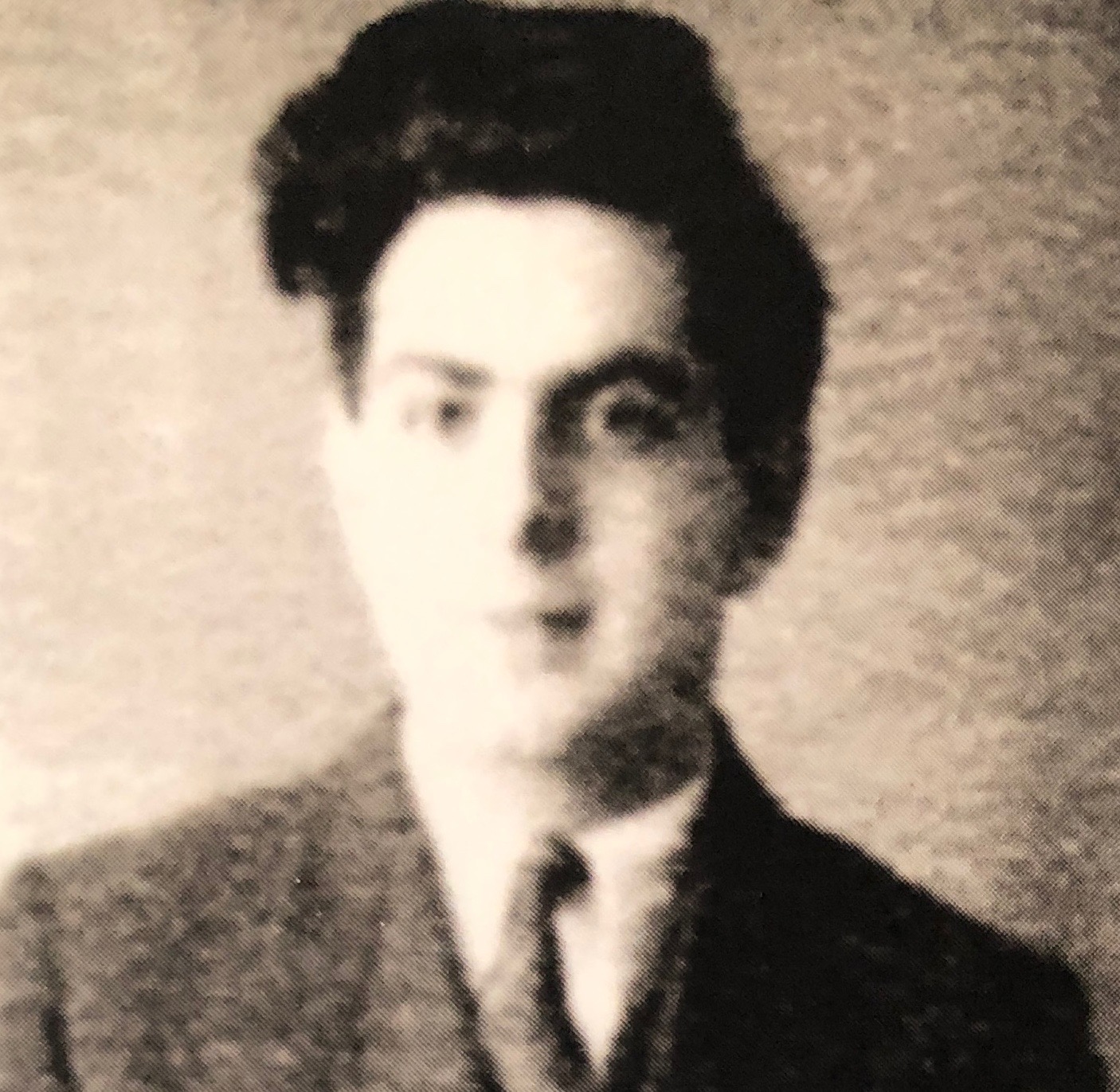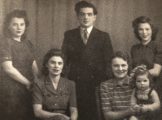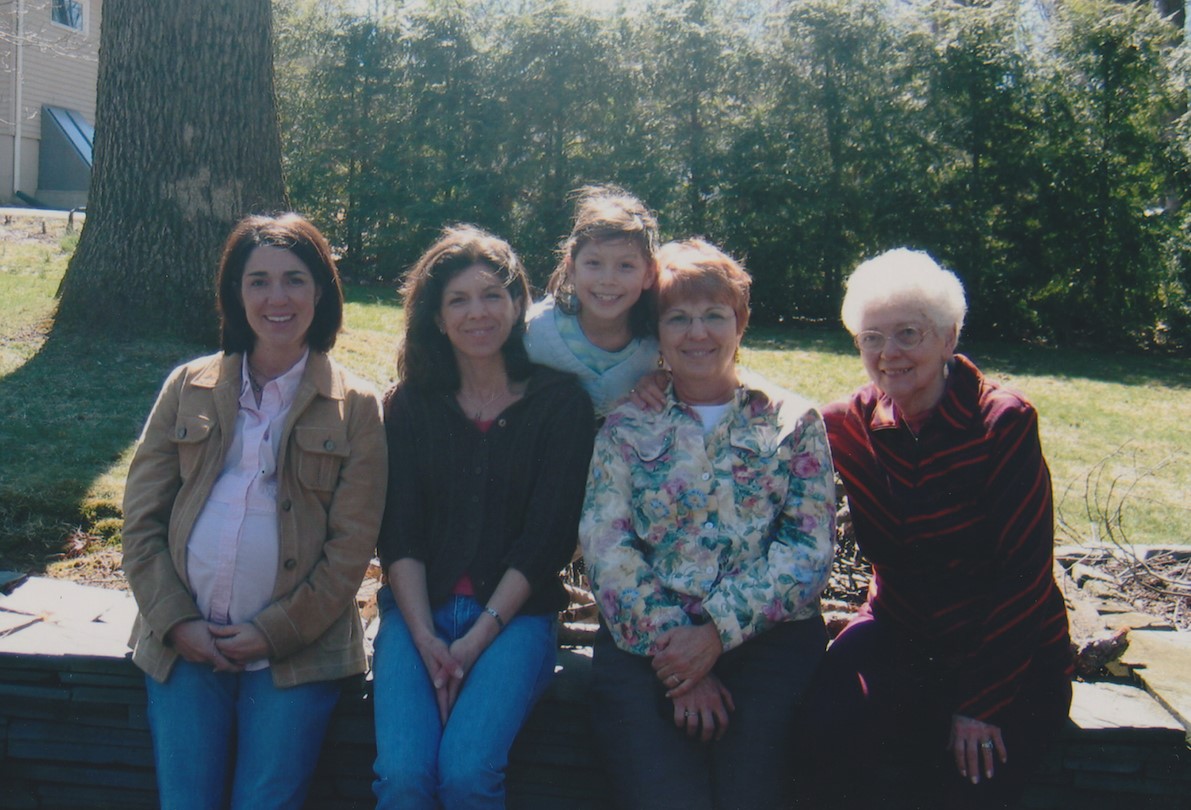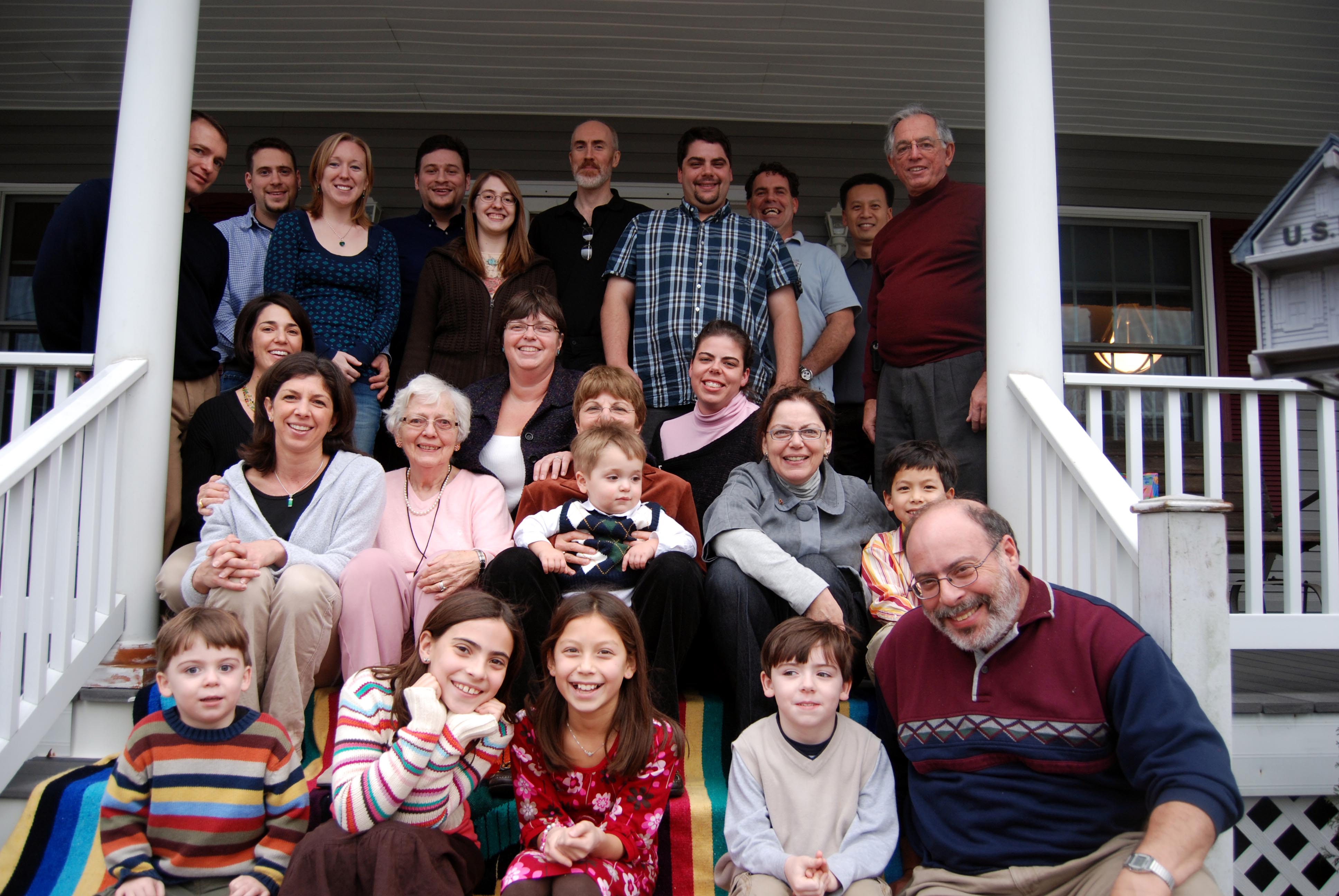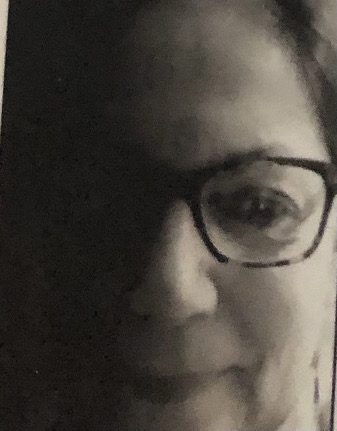INTERVIEW WITH JANET VIGNOLA
Date: July 28, 2021
Location: Phone Interview
Interviewer: Nancy Gorrell
Q: Why did you entitle your family’s memoir Salt of the Earth?
A: For me the title was hugely important. Although I was told that it was a common title, I still wanted to use it My parents were regular people. Not rich or famous. The rich and famous have so much written about them. I wanted to write about the ordinary people—the largest group affected—and the incredible strength they showed. As a young child I didn’t appreciate this strength. I wanted to honor them for their ability to keep on going to survive.
Q: How was it collaborating with your sister, Margaret in writing the memoir? Was she named after your mother?
A: Yes, she was. She was named after my grandmother Margaret who died in 1949. In Judaism you can only name after a deceased relation. My sister Margaret was born in 1950 in her and named in her
memory.
Q: And how was collaborating with her in writing the memoir?
A: Good question. It was fabulous. My sister is the writer in the family. She inherited the love of writing from her namesake. I am a math teacher by training. The beautifully written passages in the book were the work of my sister, Margaret. I did a lot of the research. The only problem we had was that Margaret the writer wanted to keep editing and re-writing. There came a time when I just had to say, we’re finished. No more writing.
Q: In your introduction, you sum up the in numbers losses from the Holocaust of the Pfeffer family.
A: Yes. My mother, Esther, at age 12 lost her father, Jacob and sister, Eva and my father, Hans at 16 lost his entire immediate family, but I did not know there were so many Pfeffers that perished until I came upon a document written by a distant cousin, Leo Pepper, entitled “This is the Story of Family Pfeffer.”
Q: Yes, you credit him in the beginning of the memoir with these words: “recognition needs to be given.” What did he discover?
A: Based on extensive interviews and travels over many months, Leo was able to produce a chronology through a descendant chart of approximately 100 Pfeffers dating back to 1850 or four generations, or the patriarch of the family, Jedudah Hirsch Pfeffer. Leo found that 32 members of the family perished in the Holocaust.
Q: How did the knowledge of these family losses affect you, a second-generation descendant?
A: We grew up with no extended family except with the uncle who sponsored us and brought us over (Felix Pfeffer) and my aunt Helen who eventually came to America. As a second-generation survivor, the harshest thing was having no family. First there was just my mother and father and myself coming to America. Then Margaret was born in 1950 when we lived in the Bronx and then my sister Ellen was born 14 years later. She was named after my father’s mother, Ella. So, growing up, my family, all that I had became the utmost importance to me. When I was young, I didn’t realize it so much, but I came to understand that my parents did so much more than survive. They lived. After all the horror they experienced, they lived.
Q: I know you say that in your memoir, but can you expand further what you mean?
A: Their strength of character and bravery was incredible. It’s unfathomable for me to imagine what Margaret endured. She had to send two daughters (Esther and Helen) to another country (England) and watch one daughter (Eva) and her husband, Jacob taken away to a fate unknown.
Q: You also say there is some “profound righteousness” in the survival story of your family. You credit the “compassion of strangers” for the fact that you can tell the story.
A: Yes. A Nazi soldier risked his life to save the life of eight-year-old Rosel, Margaret’s youngest. Because of his bravery, Rosel survived. A friend of the family, “Uncle Robert” gave Margaret and Rosel a place to shelter outside Dusseldorf during the war which saved their lives. And Esther and Hans were saved by the entire transport system mobilized by England. Some people did maintain their humanity.
Q: Can you explain in more detail what happened to Rosel and Margaret?
A: A Nazis soldier saved Rosel, the youngest daughter. He pulled her out from the cattle cars and hid her. He put her in a room. He told her to take off the star on her clothing. Then he let her go. Can you imagine? She was 8 years old and she had to find her way home all by herself. Miraculously, she did. Somehow, she got home. Can you imagine how her mother must have felt waiting? Not knowing if she would ever see any of her children again? Esther, Eva and Helen and Rosel were all gone. And then Rosel appears? Margaret had lost her husband Jacob and two daughters (Eva and Esther) and they take this one last child. Rosel came home and they hid together for the rest of the war and survived.
Q: How did the family reunite after the war?
A: After the war, Margaret and Rosel came to England from Dusseldorf to be reunited with Esther, Hans and Janet, age four. I do not know how they came because they had nothing—no money. They came in 1946. I know because we have a reunion picture. In the picture there is Esther, Helen, Hans, Margaret, Jane, age four and Rosel (Refer to the reunion photo in Related Media).
Q: What happened to Margaret?
A: I was the only grandchild Margaret ever saw. She passed in 1949 at the young age of 49. So sad to have lived through all of that and then have died so young, right after the war. She had been through so much. So many losses. All the wars and losing her husband Jacob and daughter Eva. Remarkably, two of her daughters, Helen and Rosel are still alive today (as of 2021). Helen is nearly 100 and Rosel is 90. She lives in Brazil with her daughter. I care for Helen.
Q: What was post-war life like in the Bronx?
A: My mother didn’t work in the beginning until we grew up and then she worked in a college cafeteria as a cashier.
We first settled in the Bronx in an apartment building owned by cousin Felix. It was our family home. First, we rented a one bedroom. Our family grew up there. Eventually, we went to a two bedroom and then I had my own bedroom. My parents slept in the living room on a pull-out sofa. After I got married my parents moved to Middletown, New York.
Q: Much of your memoir is a wonderful love story of your young parents in Bydown, England during the war. Would you like to add more details?
A: My mother, Esther gave my father, Hans, an ultimatum. They were living together in London during the war at the most dangerous time possible—the blitz. Why they did this I don’t know but they could have stayed in the beautiful countryside of Bydown. She told him if they didn’t marry by the end of the month (January 31st) “it was over.” They had been living together to the dismay of her social worker and the authorities for far too long. So, he married her on the 31st of January 1942. The Rabbi at the synagogue told the congregation the young couple was marrying. The synagogue was packed. I was born in 1945 “as the last bomb was falling in London” as my mother would say. There was also a cute story about that. Those days the facts of life were not explained. They took the baby away from her and they didn’t bring the baby back right away. She woke up crying. Where was her baby? Finally, they brought me back to her.
Q: Where did your family settle after the war?
A: We first settled in the Bronx in an apartment building owned by cousin Felix. It was our family home. First, we rented a one bedroom. Our family grew up there. Then we went to a two bedroom and I had my own bedroom. My parents slept in the living room on a pull-out sofa.
Q: What did your father do for a living?
A: My father had gone to school to be a wood turner. He worked in factories with wood working. He made diving boards. It was hard work under harsh conditions. My mother didn’t work in the beginning until we grew up and then she worked in a college cafeteria as a cashier. When we moved out of the Bronx, my father worked on kitchen cabinets. After I got married, my parents moved to Middletown, New York.
Q: What was post war life like for your family?
A: It was my mother who made the decisions in the family. I think that was because my father made that huge decision at age 16 when he left Germany for England and did not go to Poland to be with his parents. It haunted him all his life. Even though he got the letter from his parents saying they “didn’t love him anymore” and “didn’t want him to come,” the trauma never left him. It took years of therapy post war for him to realize his parents made the ultimate sacrifice to save him—that they did love him. After that, I think my father was fine with my mother making decisions.
Q: Is there anything more you’d like to add to this interview?
A: Yes. We have just recently discovered over 90 letters written by my grandmother Margaret during the war. We are getting them translated from the German and we hope to discover more information about her life and post war experiences.
